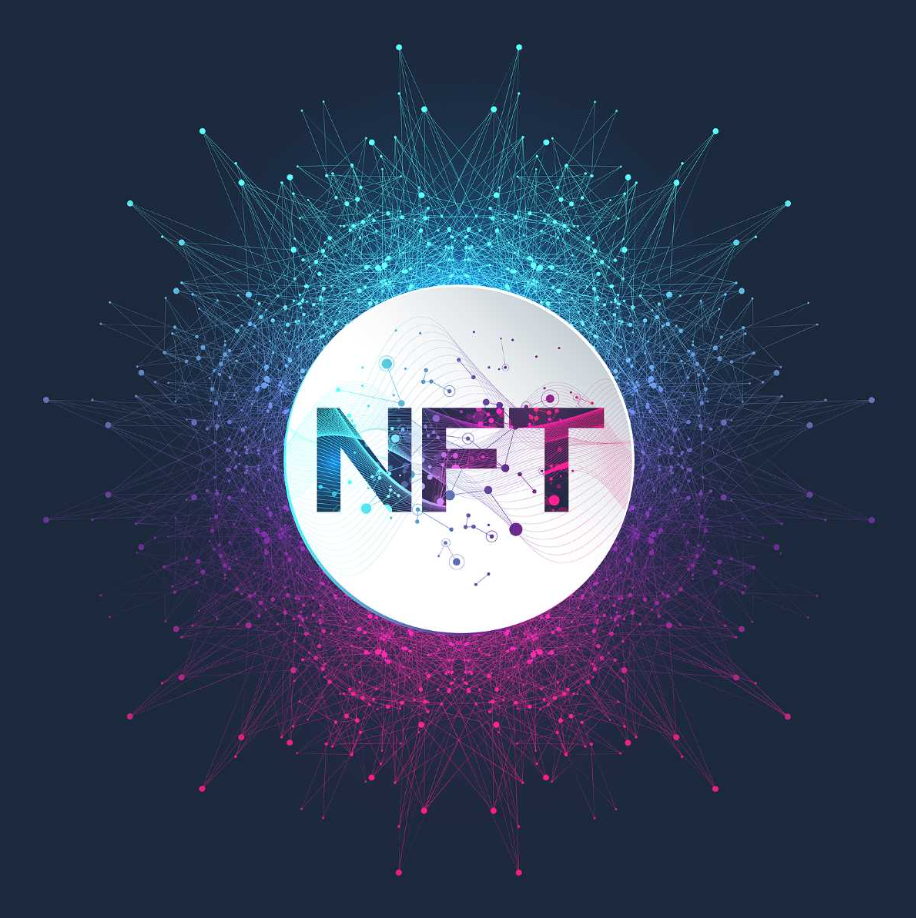Ethereum stands as a groundbreaking blockchain platform known for its robust support for smart contracts. However, these intelligent agreements face limitations in terms of interacting with real-world data. Enter Oracle services—middleware that bridges this gap.
Smart contracts are inherently autonomous but are also restricted by the data available within the blockchain network. This isolation limits their utility, especially in situations that require real-time, external data for decision-making. Oracle services act as the critical bridge, enabling smart contracts to access and respond to real-world information.
Data feeds are the cornerstone of Oracle services in Ethereum, providing a secure and reliable flow of real-world data into smart contracts. Let's delve into some key aspects:
Data feeds employ cryptographic techniques to validate the authenticity of data, making sure it is tamper-resistant.
For example, in supply chain management, real-time data feeds can facilitate live tracking of goods, allowing for timely interventions.
Data feeds can be sourced from multiple providers, thus eliminating a single point of failure and adhering to blockchain's decentralized ethos.
How to Implement Oracle Services in Ethereum
- Selection of Oracle Service: Choose a reliable Oracle service based on their reputation, security measures, and other credentials.
- Contract Integration: Integrate the Oracle’s API into your Ethereum smart contract.
- Data Request and Response: Define the exact data you require and code your smart contract to request this data from the Oracle.
- Data Validation: Once received, validate the integrity of the data before your smart contract acts upon it.
Oracle integration is fundamentally changing the game for Ethereum-based smart contracts, pushing the envelope in terms of what these contracts can achieve. As this technology continues to mature, we can anticipate an increasingly nuanced integration of data feeds, expanding the boundaries of what is possible in decentralized applications.
The union of Oracle services and Ethereum is more than just a technical alliance; it's a paradigm shift that holds the promise to dramatically reshape numerous industries. As the blockchain environment continues to evolve, understanding and leveraging these advancements is crucial for any enterprise or developer keen on unlocking the full potential of smart contracts.










